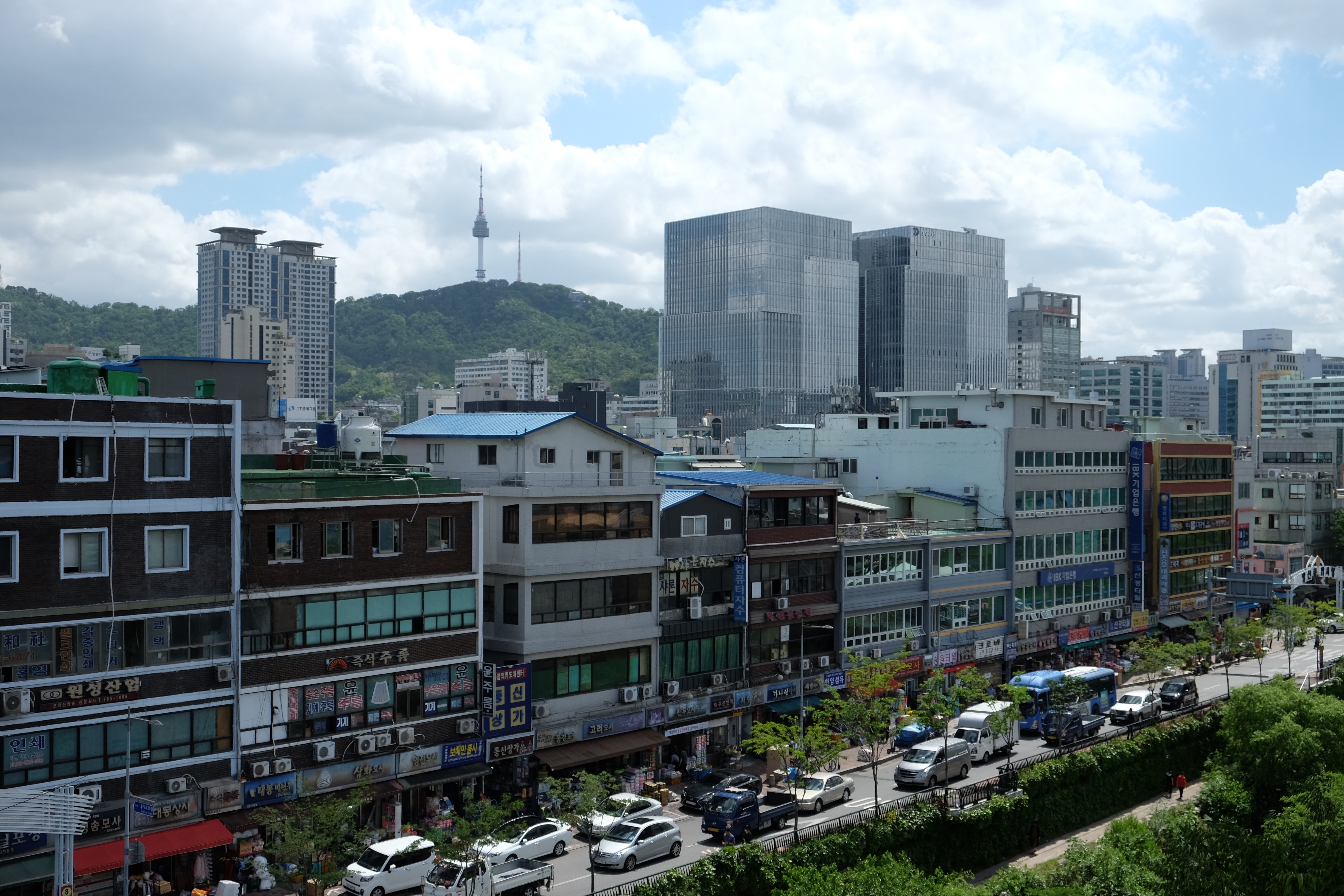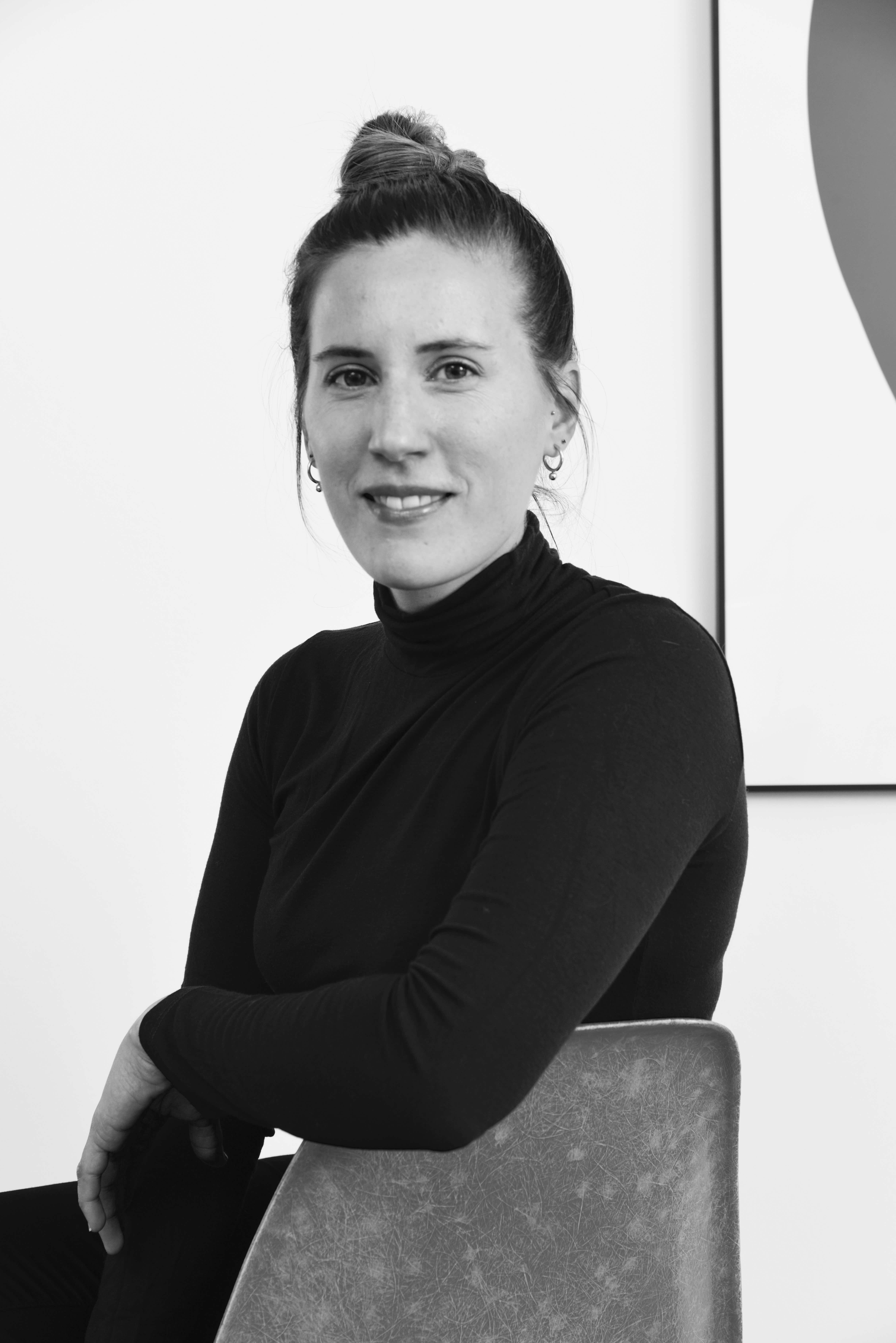Sitting at the airport, I realized that my travel outfit matched Korean Airways’ corporate colour palette. I decided it was a good omen for the week ahead and it was indeed a great week.
The ‘Swiss-Korean Innovation Week’ took place in the Republic of Korea’s capital city, Seoul in May. The event highlighted the existing collaboration between Swiss and South Korean researchers and innovators. A Swiss delegation, myself included, travelled to Seoul to gather first-hand insight into how that collaboration materializes and how it can be further fostered.






